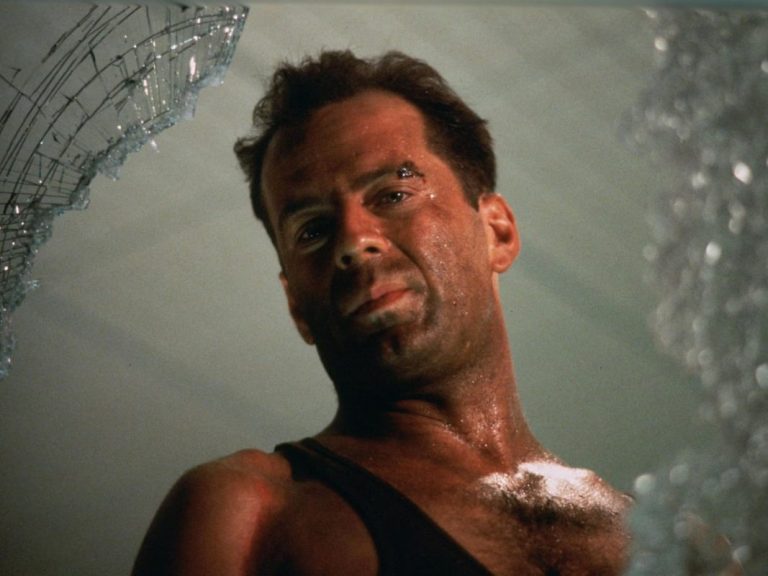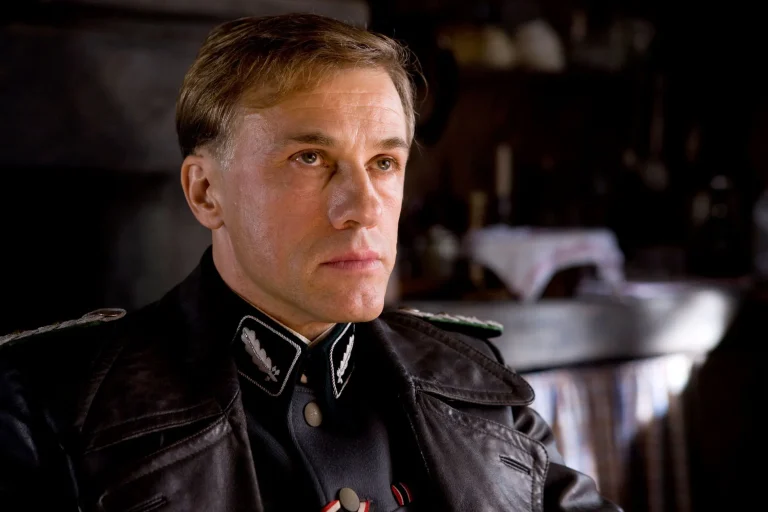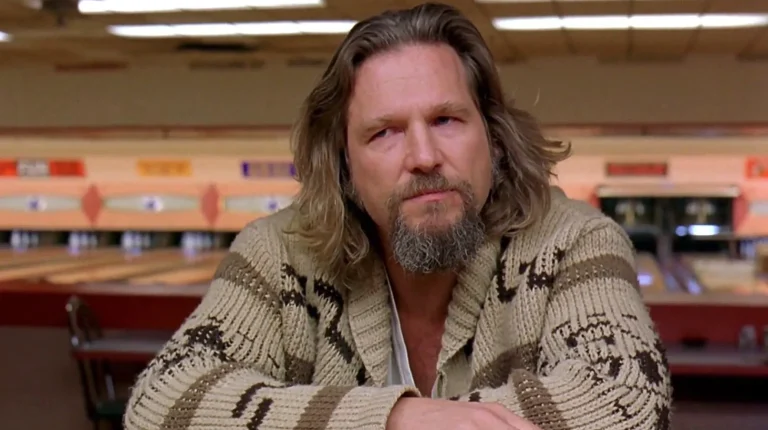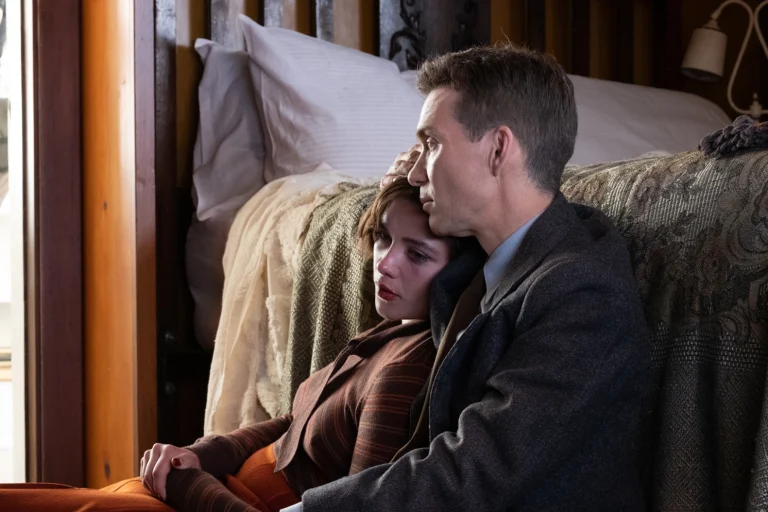How many of us grew up feeling ugly, clumsy, and undesirable? As teenage girls, we became experts in inventing little tricks to make ourselves more appealing. We unbuttoned our school shirts just enough, tugged our skirts above the knee, dragged razors carelessly across our legs and left scratch marks behind, all in the hope of looking a little ‘hotter’, a little more ‘womanly’. Pop culture didn’t just reflect this desperation; it taught us how to master it.
Look closely at the stories we grew up on. In “Kuch Kuch Hota Hai,” Anjali was funny, sporty, and loyal, but she only became ‘worthy’ of Rahul’s love after she shed her basketball and sneakers for mascara and high heels. “Friends” gave us Rachel Green, the runaway bride whose eventual glow-up masked a stagnant personal arc. Sure, she went from serving lattes at Central Perk to running fashion accounts with her own assistant, but her storyline always circled back to Ross.
And then there’s Rory Gilmore, TV’s poster child for ‘gifted’ girlhood. From the start, we are told how precocious and insightful she was, but the show rarely shows us this intelligence. Rory’s smarts exist mostly as quirky pop-culture references, not as genuine curiosity about the world she claims she wants to cover as a journalist. Different shows, different decades, but the same script: girlhood as beauty, innocence, and a touch of cluelessness.
This is why “The Summer I Turned Pretty” both stings and seduces. Belly is the insecure teenager convinced her life begins only when boys notice her. We roll our eyes at the love triangle with two brothers (screaming red flag), but we continue watching because she embodies something familiar. That embarrassing, all-consuming thrill of being desired. The giddy high of finally being seen by the opposite sex.
As adult women in our thirties, we can acknowledge how absurd the premise is, but it works because Belly is two things at once: a reflection of our younger selves—naive, insecure, hungry for attention—and a projection of patriarchal fantasy, where beauty only matters when men say it does.
And yet: what if? What if Belly had been allowed to want more than male attention? What if she had chosen Paris at the outset over a teenage marriage to Jeremiah? And what if she were ambitious and self-respecting in the best possible way? We don’t know because the story doesn’t trust her with that complexity.
And this isn’t just about one show. Teen romances don’t merely tell us stories; they hand us identities. For decades, they have been teaching girls that to be lovable, you must first be desirable, and desirability comes in its usual package. Slim bodies, but never too skinny. Curves, but in the right places. Spotless skin, glossy hair, perfectly manicured nails. Belly spends much of her summer in the first season wondering if she matches Conrad’s ‘type’, imagining ‘flawless’ girls with turquoise eyes and blonde hair, while dismissing herself as a tomboy (hello Anjali from “Kuch Kuch Hota Hai”!) The message is recycled over and over again: a girl’s worth exists only in reflection, never in her own right.
When I began writing this piece, the ninth episode of Season 3 hadn’t yet aired, and I still held on to the hope that maybe Paris would give Belly her agency, that she might finally start afresh without leaning on her mother or the Fisher brothers. But instead, the show undercuts even that possibility. Belly’s decision to leave for her studies in Paris, the very night her wedding is called off, plays out with absurd ease: no visa process, no paperwork, no proper luggage packing, not even written confirmation of whether her spot is secure.
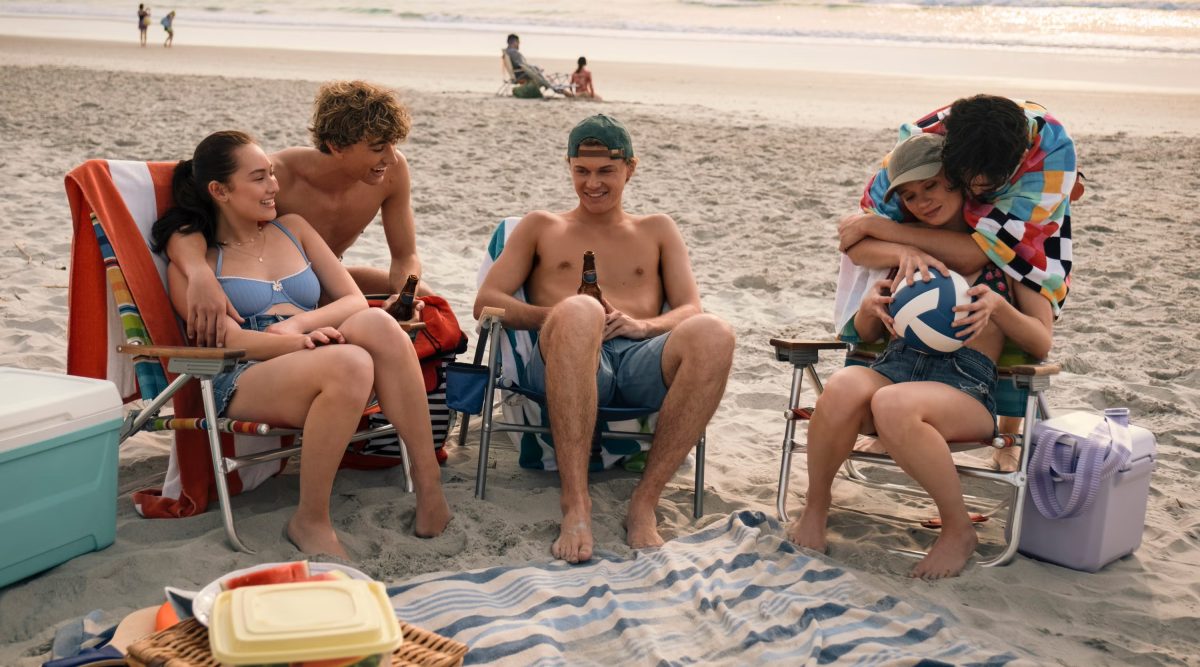
Also Read: 10 Best Movies That Poignantly Explore Girlhood
She simply waltzes into an institution abroad and demands a room. For viewers who know the reality of applying to foreign programs, this depiction feels careless, if not insulting. With over twenty-five million global viewership, the writers and producers had an opportunity to craft a narrative that showed a responsible, self-reliant young woman—someone who could take charge of her own future. Instead, when things inevitably go wrong, a clueless Belly turns to her mother, who swoops in with reassurance and a credit card, reminding us just how much privilege props up her story.
But not all teen romance is stuck in this loop. Some OTT shows have begun to imagine girlhood differently. Take “Never Have I Ever.” Devi Vishwakumar is chaotic, hilarious, and boy-crazy, but she is also unapologetically ambitious. Her dream of Princeton is as central to her story as her relationship with Ben or Paxton. By the series finale, she gets in, while Ben heads to Columbia University. Their romance survives, but so does her academic drive. The show insists that a girl can have both: love and ambition, desire and achievement.
Or look at The Kissing Booth 3. For all its clichés, the series gives Elle Evans something most teen female protagonists aren’t trusted with: the right to want more than a boyfriend. Torn between following her partner to Harvard or her best friend to Berkeley, she does neither, choosing instead to study video game design at the University of Southern California. It is a rare ending where a girl’s ambition belongs to her alone. It is not shaped by a boyfriend, a husband, or even a father. The final scenes, with Elle reuniting with old friends years later, leave her romance with Noah ambiguous but her independence intact.
And beyond Hollywood, Korean teen romances also imagine girlhood differently. In “Weightlifting Fairy Kim Bok Joo,” Bok Joo is not our conventional teen protagonist. She is a weightlifter in high school, large-hearted, awkward, and stronger than most of the boys around her. The show doesn’t make her athleticism a ‘problem’ to be fixed before she can be loved.
Instead, her romance with Jung Joon-hyung grows alongside her identity as an athlete. She stumbles through crushes, friendship fallouts, and body-image issues, but her dreams never shrink. In fact, one of the most affirming parts of the show is how Joon-hyung encourages her to stay true to her passion rather than shrink herself to fit into some conventional idea of femininity.
And that’s the difference. Belly feels like a mirror of our past, the years we thought desirability was our ultimate destiny. But Devi, Lara Jean, and Bok Joo suggest a future where girlhood can be expansive: smart, ambitious, strong, messy, political, and still lovable. They refuse to choose between being someone’s girlfriend and being their own person.
And this matters because teen romances have power. They don’t just sell fantasies; they pen down our realities. For too long, these scripts told us that to be desired is to be complete, and to be complete is to fit the narrow mould of prettiness and passivity. But what happens when we start writing different scripts? What happens when girls are allowed to be brave, unconventionally beautiful, own their voices, and shape their own futures?
That’s a future worth fighting for. A future where girls get to be seen in their complexity and loved nonetheless for it.

